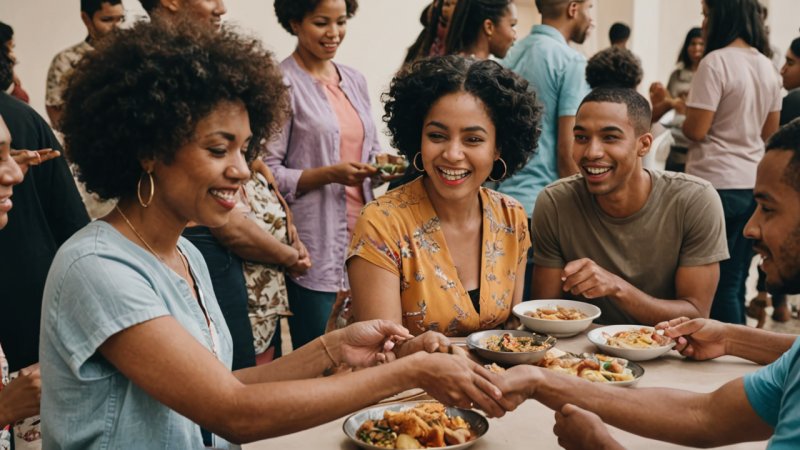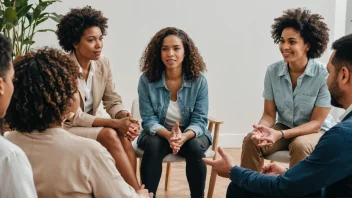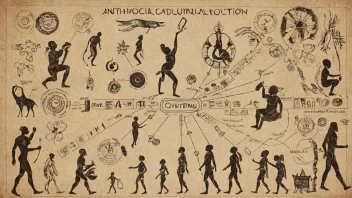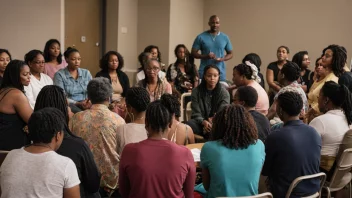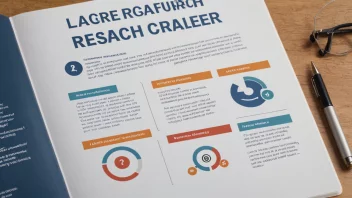Understanding Cultural Stereotypes
Cultural stereotypes are widely held beliefs about the characteristics of a particular group of people. These perceptions can influence social behavior in numerous ways, often leading to both positive and negative outcomes. In this article, we will explore the top five ways cultural stereotypes shape social behavior.
1. Impact on Interpersonal Relationships
Cultural stereotypes can significantly affect how individuals perceive and interact with one another. When people hold preconceived notions about a specific culture, they may unconsciously alter their behavior during social interactions. This can lead to misunderstandings or reinforce biases, making it difficult for genuine connections to form.
2. Influence on Employment Opportunities
In the workplace, cultural stereotypes can affect hiring decisions and career advancement. Employers may unconsciously favor candidates who fit their preconceived notions of what a successful employee should look like. This can create barriers for talented individuals from diverse backgrounds, perpetuating inequality in professional settings.
3. Role in Education
Educational settings are not immune to the effects of cultural stereotypes. Students from certain cultural backgrounds may be subject to lower expectations based on stereotypical beliefs. This can impact their academic performance and self-esteem, leading to a self-fulfilling prophecy where they underperform due to the lack of support and encouragement.
4. Effect on Media Representation
The media plays a crucial role in shaping societal perceptions of different cultures. Cultural stereotypes often manifest in films, television shows, and advertisements, which can reinforce negative portrayals. This not only affects how individuals from those cultures are perceived by others but also how they view themselves, potentially leading to internalized stereotypes.
5. Contribution to Social Movements
On a more positive note, cultural stereotypes can also catalyze social movements. When marginalized groups challenge the stereotypes imposed upon them, it can lead to greater awareness and advocacy for social change. This can help dismantle harmful stereotypes and promote a more inclusive society.
Conclusion
Cultural stereotypes have a profound impact on social behavior, influencing everything from interpersonal relationships to employment opportunities. By understanding these influences, we can work towards reducing bias and fostering a more inclusive and equitable society. Recognizing the power of stereotypes is the first step in challenging and changing them.
